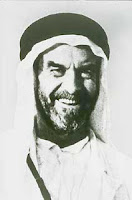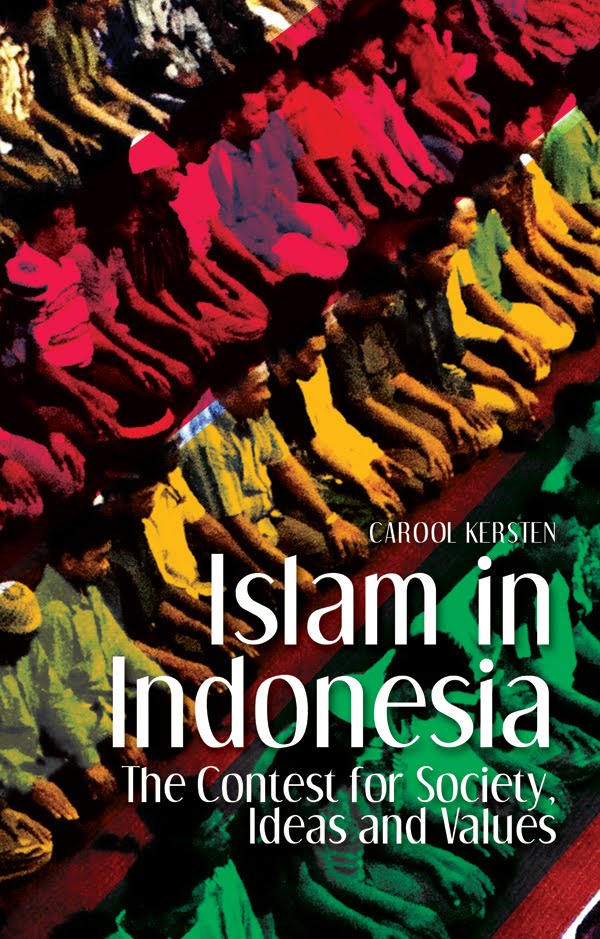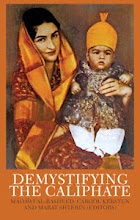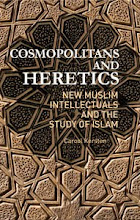 |
| Zulkifli Noordin |
Religious pluralism is still potentially a very explosive issue in Malaysia. In recent days the Institute for Advanced Islamic Studies (
IAIS) saw itself forced to respond to accusations made by
Datuk Zulkifli Noordin, an independent MP from the northern state of Kedah, who, until 2010, was a member of Anwar Ibrahim's People's Justice Party (
Partai Keadilan Rakyat,
PKR), and before that of the Pan-Malaysian Islamic Party (
PAS). Zulkifli was
ousted from PKR in the wake of the controversy he caused by objecting to the use of the word
Allah by Malaysian Christians, notwithstanding a court ruling that this was permissible.
 |
| Mohd Hashim Kamali |
Now he has turned on IAIS, an independent research institute founded in 2008 with support from Prime Minister Ahmad Badawi to promote the idea of civilizational Islam and keep alive the 'Islamization of Knowledge' Project (see my post of
21 January 2012).On the website of
Utusan Malaysia, Zulkifli attacks IAIN for promoting the notion of 'pluralism' and acting as a stooge for the
Konrad Adenauer Foundation (to read this article click
here). In a response issued by the institute's chairman and CEO, Prof.
Mohammad Hashim Kamali, an Afghan-born legal scholar, IAIS notes that:
[Zulkifli's] urge may give the wrong impression to the general public as if
IAIS Malaysia is active in spreading pluralism which contradicts the
teachings of Islam. Such a misleading impression is possible because
some Malaysian Muslims in this country have already understood
“religious pluralism” as claiming that all religions are the same.
IAIS Malaysia would like to assert that it rejects religious
pluralism which claims that all religions are the same. Nevertheless, it
is also conscious of the fact that in contemporary thought, whether
among Muslims or non-Muslims, there are understandings of pluralism that
do not contravene the teachings of Islam. IAIS Malaysia is of the view
that the best way to deal with issues on religious pluralism is not to
judge all such beliefs as being contrary to Islam but, on the basis of
the Holy Qur’an and rational arguments, to explain to the general public
the Islamic perspective on religious pluralism so that the sanctity of
Islam is safeguarded.
The undertone of contrition in this press release demonstrates how extremely sensitive this issue is in the Malaysian setting, forcing intellectuals into a position where they must be seen to reaffirm their adherence to the perceived basic teachings of Islam in unequivocal terms.
By way of evidence for his allegations, Zulkifli also pointed at a joint event planned for 10 May 2012 under the title 'Freedom of Religion and Pluralism in the 20th Century' in which the Iranian scholar and philosopher
Seyyed Hossein Nasr was scheduled to participate, and whom Zulkifli Noordin qualifies as a 'known advocate' of religious pluralism. IAIS found itself obliged to retort that:
The plan by IAIS to hold a public lecture by Professor Seyyed Hossein
Nasr on the Islamic response to the concept of freedom of religion as
espoused by secular belief is meant precisely to refute that belief. As a
renowned Islamic scholar, he has the credentials to offer the best
Islamic response to it. However due to health reasons which prevented
him from travelling to this country, the initial plan to have the
lecture was cancelled two months ago.
As one of the pioneers of the 'Islamization of Knowledge' Project, Seyyed Hossein Nasr has become one of the leading contemporary Muslim thinkers, whose ideas are also disseminated through a
foundation which bears his name.
 |
| Seyyed Hossein Nasr |
The apologetic tone of the IAIS media statement, bordering on servility, makes one cringe. It evinces that in terms of permitting critical thinking by Muslim intellectuals, Malaysia still has a long way to go. The full statement released by IAIS, can be read
here.

.jpg)


























